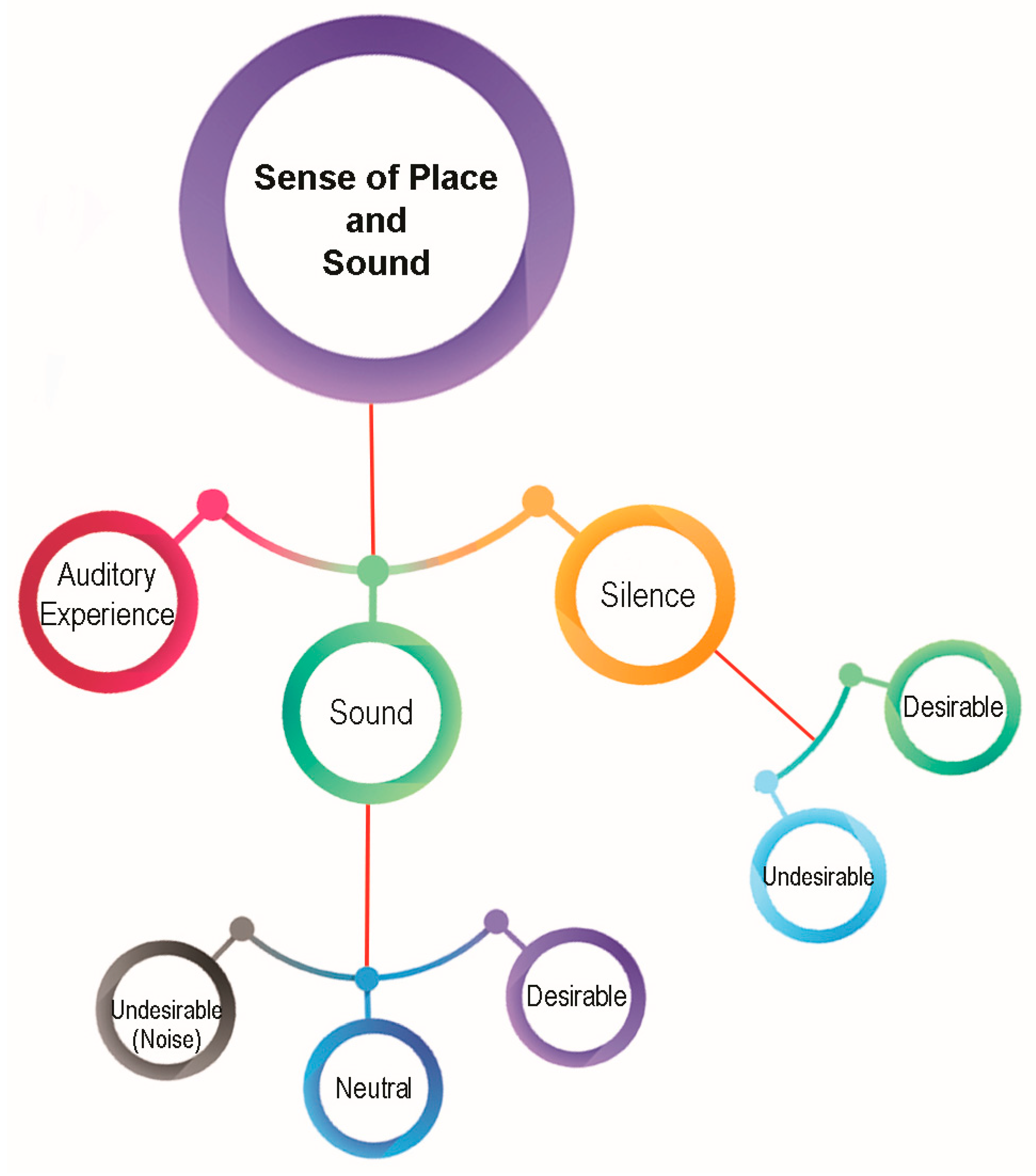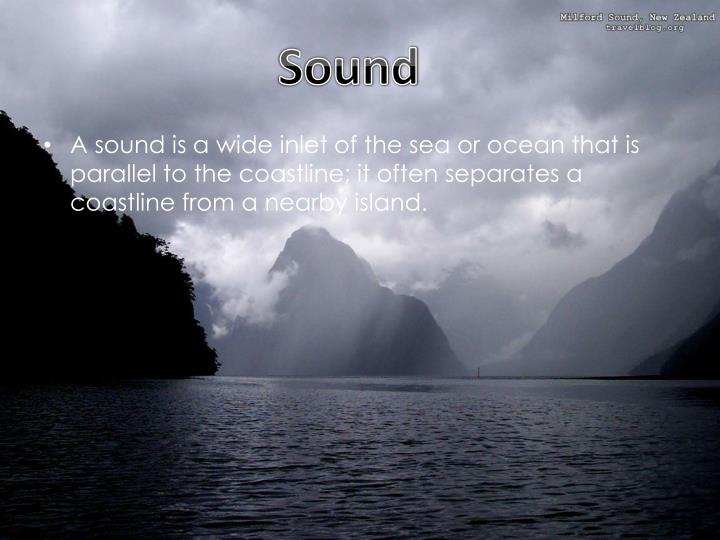The Sounds of Place: A Fascinating Look at Sound Geography
Imagine a world where you could hear the history, culture, and environment of a place just by listening. This is the essence of sound geography, a captivating field that explores how soundscapes shape our understanding and experience of the world. Forget visual landscapes for a moment; let’s dive into the acoustic landscapes that surround us, revealing the secrets held within the sounds of place. This article will delve into the core concepts of sound geography, exploring its significance, applications, and the rich tapestry of auditory information that shapes our lives.
What is Sound Geography?
Sound geography is the study of how sound interacts with and reflects the physical and social environment. It examines the relationship between the sounds we hear and the places where they originate. It’s a multi-disciplinary field, drawing upon:
- Geography: Understanding spatial relationships and the influence of environment.
- Acoustics: Analyzing the physical properties of sound.
- Sociology & Anthropology: Investigating the cultural and social meanings embedded in sound.
- Urban Planning: Considering sound as a factor in city design and management.
Essentially, sound geographers analyze the sonic environment, or “soundscape,” to understand how it reflects the history, culture, ecology, and human activity of a particular location. This involves identifying and interpreting different sound sources, their spatial distribution, and their impact on human perception and behavior.
Deciphering the Acoustic Landscape: Key Elements
Understanding a soundscape involves recognizing the different elements that contribute to it. These can be broadly categorized as:
- Geophony: Sounds originating from non-biological natural processes (e.g., wind, rain, geological activity).
- Biophony: Sounds produced by living organisms (e.g., animal calls, insect chirps, rustling leaves).
- Anthrophony: Sounds generated by human activity (e.g., traffic, construction, music, speech).
By analyzing the interplay of these elements, sound geographers can gain valuable insights into a place’s characteristics. For example, a bustling city might be dominated by anthrophony, while a remote forest would likely feature a rich biophony and geophony.
The Applications of Sound Geography
The insights gained from sound geography have a wide range of applications, impacting diverse fields:
- Urban Planning & Design: Using soundscape analysis to create more acoustically comfortable and aesthetically pleasing urban environments. This can involve mitigating noise pollution, preserving natural sounds, and designing spaces that foster desired sonic experiences.
- Environmental Monitoring: Monitoring changes in the soundscape to detect environmental degradation or changes in biodiversity. For example, tracking bird song variations to assess habitat health.
- Cultural Heritage: Documenting and preserving the unique sounds of a place, which can reflect cultural traditions, historical events, and local identities.
- Tourism & Marketing: Using soundscapes to enhance the appeal of destinations, creating sonic branding strategies, and fostering a stronger connection between visitors and a place.
- Health & Well-being: Investigating the impact of sound on human health, including noise-induced stress, sleep disturbance, and overall quality of life.
Sound Geography and Sensory Perception
Sound geography highlights the importance of our auditory experience in shaping our overall sensory perception. It emphasizes that:
- Sound is a powerful indicator of place: It provides immediate information about the environment, often preceding visual cues.
- Soundscapes evoke emotions and memories: Specific sounds can trigger strong emotional responses and recall past experiences associated with a particular place.
- Sound can influence behavior: The acoustic environment can affect our mood, alertness, and even our decision-making.
Examples of Sound Geography in Action
Consider these real-world examples:
- Analyzing the soundscape of a rainforest: Identifying the different species of birds, insects, and mammals based on their calls, and assessing the overall health of the ecosystem.
- Mapping the noise pollution in a city: Identifying areas with high levels of traffic noise, construction noise, or industrial noise, and developing strategies to reduce noise levels.
- Documenting the sounds of a traditional village: Recording the sounds of local crafts, music, and daily life to preserve the cultural heritage of the community.
Conclusion: Listening to the World
Sound geography provides a valuable framework for understanding the complex relationship between sound, place, and human experience. By paying attention to the sounds that surround us, we can gain a deeper appreciation for the environments we inhabit, the cultures we interact with, and the interconnectedness of the world around us. From the bustling streets of a metropolis to the tranquil silence of a remote wilderness, the sounds of place offer a unique perspective on the world, inviting us to listen, learn, and discover the hidden stories within the acoustic landscape.
Frequently Asked Questions (FAQs)
1. What is the difference between soundscape and sound geography?
The soundscape is the sonic environment itself, the collection of sounds at a particular location. Sound geography is the study of that soundscape and its relationship to the environment, culture, and human activity.
2. Why is sound geography important?
Sound geography provides crucial insights into urban planning, environmental monitoring, cultural preservation, and human well-being. It helps us understand the impact of sound on our lives and how we can create more sustainable and enjoyable environments.
3. How can I experience sound geography?
You can experience sound geography by consciously listening to the sounds around you and observing how they change in different places. Consider keeping a sound diary, noting the sounds you hear and the emotions they evoke. Explore online sound maps and recordings of different locations.
4. What are some careers related to sound geography?
Careers related to sound geography include urban planners, environmental consultants, acoustic engineers, sound artists, and researchers in fields like geography, sociology, and environmental science.




